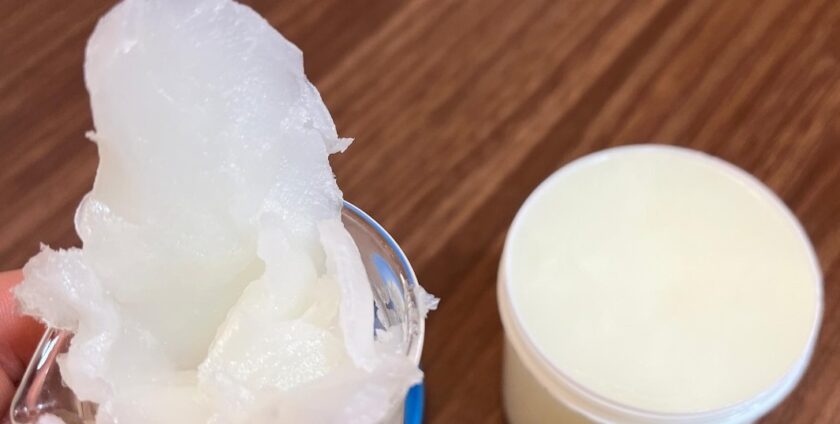
Is Paraffin and Vaseline the Same?
In the world of skincare and industrial applications, two commonly confused substances often come into play: paraffin and Vaseline. While both are petroleum-derived products with similar uses, they possess distinct characteristics and applications.
In this comprehensive guide, we’ll delve into the properties, uses, and differences between paraffin and Vaseline, shedding light on these ubiquitous materials.(Paraffin vs Vaseline)
What Is Paraffin?
Paraffin, or paraffin wax, is a white or colorless solid wax derived from petroleum. It is made of saturated hydrocarbons and is known for its water resistance and smooth texture.
Common Uses of Paraffin:
-
Candle making
-
Wax paper coating
-
Waterproofing and insulation
-
Cosmetic creams and lotions (as an emollient)
-
Lubrication and polish manufacturing
Paraffin is a hydrocarbon mixture derived from crude oil refining. It is a type of wax known for its low melting point and water-repellent properties. Paraffin wax finds extensive use in various industries, including cosmetics, pharmaceuticals, food packaging, and candle making.
Its ability to form a protective barrier on the skin makes it a popular ingredient in skincare products, especially in moisturizers and hand creams.
Peak Universal Business, a leading supplier of industrial materials, offers high-quality paraffin wax for a myriad of applications. Their paraffin products are renowned for their purity, consistency, and compliance with industry standards.
Whether it’s for candle making, food preservation, or pharmaceutical formulations, Peak Universal Business provides a reliable source of Paraffin wax.
Exploring the Versatility of Vaseline:
Vaseline, on the other hand, is a brand name for petroleum jelly, a semi-solid mixture of hydrocarbons. It was discovered in the 19th century by Robert Chesebrough and quickly gained popularity for its number of uses. Vaseline is renowned for its moisturizing and protective properties, making it a staple in skincare routines worldwide. From healing minor cuts and burns to preventing rubbing and moisturizing dry skin, Vaseline has earned its reputation as a versatile household product.
Common Uses of Vaseline:
-
Healing minor cuts and burns
-
Moisturizing dry skin and lips
-
Protecting against chafing
-
Diaper rash treatment
-
Makeup removal
Peak Universal Business also offers a range of petroleum jelly products suitable for various applications. Their Vaseline products adhere to strict quality standards, ensuring purity and efficacy.
Whether it’s for personal care, pharmaceutical formulations, or industrial lubrication, Peak Universal Business provides Vaseline products that meet the diverse needs of their customers.
Difference Between Paraffin and Vaseline:
While both paraffin and Vaseline originate from petroleum, they differ in composition, consistency, and applications. Paraffin wax is a solid at room temperature and melts at relatively low temperatures, typically between 46°C to 68°C (115°F to 154°F). It is commonly used in candles, cosmetics, and wax treatments for skin hydration and pain relief.
Key Differences Between Paraffin and Vaseline
| Feature | Paraffin Wax | Vaseline (Petroleum Jelly) |
|---|---|---|
| State | Solid at room temperature | Semi-solid, gel-like |
| Texture | Hard, smooth wax | Greasy, thick ointment |
| Main Use | Industrial, candles, cosmetics | Skincare, healing, personal care |
| Melting Point | ~46–68°C (115–154°F) | ~38–60°C (100–140°F) |
| Skin Application | Used in blends or emulsions | Directly applied to skin |
| Purity | Less refined | Highly refined (pharma/cosmetic grade) |
| Brand Example | N/A | Vaseline™ |
On the other hand, Vaseline is a semi-solid jelly that remains stable at room temperature. It has a greasy texture and is primarily used as a topical ointment for skincare and minor wound healing.
Vaseline forms a protective barrier on the skin, preventing moisture loss and facilitating the healing process. It is also used as a lubricant for various mechanical and industrial applications.
Applications in Skincare and Cosmetics:
In skincare and cosmetics, both paraffin and Vaseline play crucial roles in moisturizing and protecting the skin. Paraffin wax is commonly found in creams, lotions, and balms, where it helps to lock in moisture and soften the skin. Its occlusive properties create a barrier that prevents trans epidermal water loss, keeping the skin hydrated and supple.
Vaseline, on the other hand, is a popular ingredient in lip balms, moisturizers, and ointments. Its emollient properties make it an effective remedy for dry, chapped lips and rough skin patches. Vaseline also serves as a base for various cosmetic formulations, providing a smooth texture and enhancing product spread ability.
Industrial and Commercial Applications:
Beyond skincare and cosmetics, both paraffin and Vaseline find extensive use in industrial and commercial applications. Paraffin wax is utilized in candle making, where it serves as a fuel source that burns cleanly and evenly. It is also used in food packaging to create a protective coating for fruits and cheeses, extending their shelf life. Vaseline is widely employed as a lubricant in machinery and equipment, thanks to its water-repellent and corrosion-resistant properties.
It helps reduce friction and wear in moving parts, prolonging their lifespan, and ensuring smooth operation. Additionally, Vaseline is used in pharmaceuticals as an ingredient in ointments, laxatives, and topical treatments.
FAQs About Paraffin and Vaseline
❓ Are both derived from petroleum?
Yes. Both are petroleum by-products, but Vaseline undergoes further purification for pharmaceutical and cosmetic use.
❓ Is Vaseline safer for skin?
Yes. Vaseline is skin-safe and often dermatologically tested. Paraffin is sometimes used in skincare but only in controlled formulations.
❓ Can paraffin wax be used for lips?
Not directly. It’s better suited in formulas like lip balms, where it’s combined with other softening agents. Vaseline is ideal for lip care.
❓ Is white petroleum jelly the same as Vaseline?
Yes. “White petroleum jelly” is the generic name for Vaseline, which is a popular brand of high-purity petroleum jelly.
✅ Conclusion: Paraffin vs. Vaseline
In conclusion, while paraffin and Vaseline share a common origin in petroleum, they possess distinct properties and applications.
Paraffin wax is a solid wax with a low melting point, primarily used in candles, cosmetics, and food packaging.
Vaseline, or Petroleum jelly, is a semi-solid jelly with moisturizing and protective properties, commonly used in skincare, industrial lubrication, and pharmaceuticals.
Peak Universal Business stands as a reliable supplier of both paraffin and Vaseline products, catering to the diverse needs of their customers.
Whether it’s for cosmetic formulations, industrial applications, or personal care, Peak Universal Business provides high-quality materials that meet stringent quality standards.
With their commitment to excellence and customer satisfaction, Peak Universal Business remains a trusted partner in the ever-evolving landscape of petroleum-derived products.
You can Read More about Paraffin and Vaseline Here:
Paraffin vs Petroleum Jelly : Its Uses & Applications
Slack Wax vs Petroleum Jelly: Its Uses & Applications
📣 Call to Peak Universal Business
🔍 Looking for Cosmetic-Grade Waxes or Petroleum Jelly?
We in Peak Universal Business supply:
-
✔️ Pure paraffin wax (solid, slab, or pellet form)
-
✔️ White petroleum jelly (USP/Pharma grade)
-
✔️ Custom packaging and export-ready materials
👉 Contact Us Today to get technical specifications or a custom quote.
🛒 Request a Quote Today
📧 Email: [email protected]
📞 Phone: +971 4 878 2031
📞 Contact us now for technical datasheets or to request a sample! Our Expert will be in touch with you to guide you about the Use of Wax that can be produced according to your project requirements. If You have any other Query or Question you want to ask, Please don’t hesitate to Contact Us. Peak Universal Business is a Premier Paraffin and Vaseline Supplier.
- 0 comment
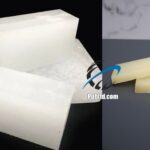

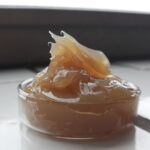
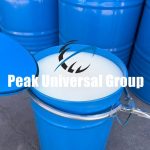
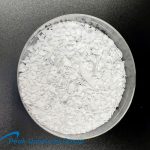
Leave a Reply